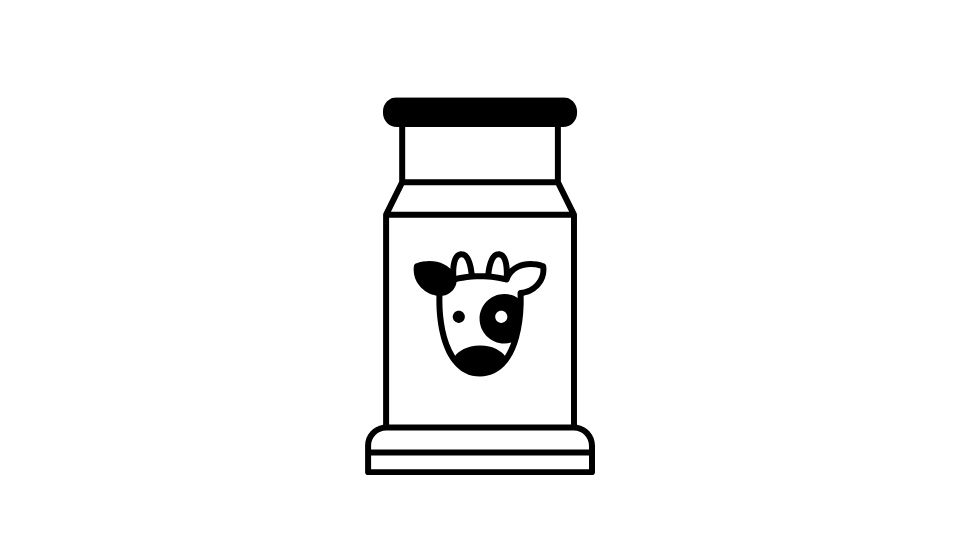How to Eat 200 Grams of Protein a Day

Ever looked at your plate and wondered if you’re getting enough protein?
I mean, we all know protein is important, but how much do you actually need? And if you’re aiming for a specific target – like 200g – how the heck do you hit that without living on chicken breast alone?
Let’s break down the what, the why, and the how of consuming 200g of protein daily – with some practical tips that won’t have you feeling like you’re force-feeding yourself boiled eggs all day. (Been there, not fun)
Why You Might Need 200g of Protein Daily
First off, 200g is a lot of protein. It’s not for everyone. But there are legitimate reasons why you might be targeting this amount:
- You’re trying to build muscle while resistance training
- You’re in a calorie deficit but want to preserve lean mass
- You’re a bigger person (around 200 pounds) following the 1g per pound rule
- You’re an athlete with high training demands
The benefits of higher protein intake are pretty solid in research:
- Supports muscle repair and growth
- Increases fullness and satiety (goodbye, midnight snack attacks)
- Boosts metabolism through the thermic effect of food
- Helps maintain muscle during fat loss
But let’s be real – there’s a big difference between knowing you need protein and actually getting it down your throat every day.
How to Distribute 200g of Protein Throughout Your Day

Trying to eat 200g of protein in one or two meals is a recipe for digestive disaster. Trust me on this one.
The smartest approach is spreading your protein across 4-5 meals or snacks throughout the day. This approach:
- Maximizes protein synthesis (the muscle-building process)
- Improves digestion and absorption
- Keeps hunger at bay throughout the day
- Makes the total amount more manageable
A good rule of thumb:
- Meals: Aim for 40-50g protein each
- Snacks: Target 20-30g protein each
High-Protein Foods Worth Their Weight
Not all protein sources are created equal. Some give you more bang for your buck (and your calorie budget).
Animal-Based Protein All-Stars
- Chicken breast: ~30g per 100g (the undisputed champion)
- Greek yogurt: ~15g per cup (versatility for the win!)
- Eggs: ~6g per large egg (nature’s perfect protein package)
- Lean beef: ~25g per 100g (iron bonus included)
- Whey protein: ~25g per scoop (convenience king)
- Cottage cheese: ~12g per 1/2 cup (slow-digesting protein for overnight recovery)
- Tuna: ~25g per 100g can (pantry staple that saves the day)
Plant-Based Protein Winners
- Tofu: ~15g per 100g serving
- Lentils: ~18g per cooked cup
- Tempeh: ~20g per 100g
- Edamame: ~17g per cup
- Seitan: ~25g per 100g (gluten-based, not for everyone)
My “No BS” 200g Protein Meal Plan

Let me show you what a day hitting 200g of protein actually looks like. No weird diet foods, just practical choices:
Breakfast (50g protein)
- 4 whole eggs (24g)
- 1 cup Greek yogurt with berries (15g)
- 2 slices whole grain toast with 1 tbsp peanut butter (11g)
Mid-Morning Snack (25g protein)
- Protein shake with 1 scoop whey (25g)
Lunch (45g protein)
- 150g chicken breast (45g)
- Large salad with mixed veggies
- 1/2 cup quinoa (4g)
- Olive oil and vinegar dressing
Afternoon Snack (25g protein)
- 1 can tuna (25g)
- 1 apple
- Small handful of almonds
Dinner (45g protein)
- 150g salmon or lean steak (40g)
- 1 cup roasted vegetables
- Sweet potato (2g)
- 1 cup steamed broccoli (3g)
Evening Snack (15g protein)
- 1/2 cup cottage cheese (12g)
- Small handful of berries
- 1 tbsp honey
- Sprinkle of cinnamon (game changer for flavor!)
Total: ~205g protein
This plan isn’t just about protein—it includes plenty of fruits, vegetables, and whole grains for a balanced approach. Because nobody wants scurvy with their muscles.
Pro Tips for Actually Hitting Your Protein Goals

Let’s be honest – consistently hitting 200g of protein daily isn’t easy. Here are some hard-earned tips:
1. Meal Prep is Your Best Friend
Research shows that meal preparation significantly increases dietary adherence. Spend a couple hours each weekend prepping proteins:
- Grill a batch of chicken breasts
- Hard boil a dozen eggs
- Cook a big pot of lentils or quinoa
2. Protein-First Mentality
Start building every meal around your protein source, then add carbs and fats. This mental shift ensures protein doesn’t become an afterthought.
3. Leverage Protein Supplements Strategically
They’re called supplements for a reason – they supplement whole foods. But whey protein has been shown to be highly effective for muscle protein synthesis. Use them when:
- You’re on the go
- You’re sick of chewing meat
- You need a quick post-workout option
4. Track, But Don’t Obsess
Use a food tracking app for the first few weeks until you develop a feel for portion sizes. Then you can relax a bit.
5. Focus on Protein Density
Some foods offer better protein-to-calorie ratios than others:
- Chicken breast: ~165 calories for 31g protein
- Greek yogurt: ~100 calories for 15g protein
- Protein powder: ~120 calories for 25g protein
Common Challenges (And How to Overcome Them)

“I’m Always Full!”
- Try more liquid protein (shakes, smoothies)
- Distribute protein more evenly throughout the day
- Choose more digestible proteins (whey isolate, white fish)
“It’s Too Expensive!”
- Buy meat in bulk and freeze portions
- Utilize cost-effective proteins like eggs, canned tuna, and legumes
- Look for sales and stock up on non-perishables
“I’m Tired of Eating the Same Things!”
- Experiment with different spices and marinades
- Try international cuisines that feature protein differently
- Rotate between different protein sources weekly
“I’m Plant-Based!”
Combining incomplete protein sources can help you reach your goals:
- Rice + beans
- Hummus + whole grain pita
- Tofu + quinoa
- Plant-based protein powders can fill gaps
Remember, eating 200g of protein daily is a tool to achieve specific goals, not a requirement for everyone. If you’re just starting out, try increasing your protein gradually rather than jumping straight to 200g.
And the most important thing? Consistency beats perfection every time. Hitting 180g consistently is better than oscillating between 220g and 100g.
So grab that protein shake, fire up the grill, and get to it! Your muscles will thank you for the amino acid love.

